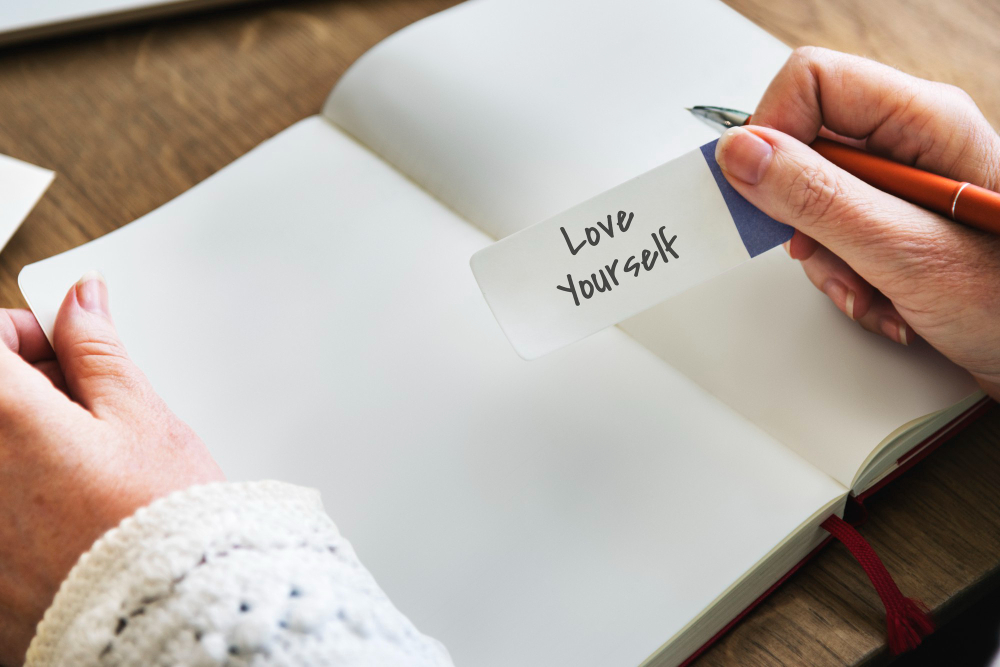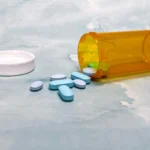Many people think that self-care means taking a bubble bath, getting a massage, or going for a vacation, and pampering themselves with a luxurious experience. Some thought that self-care activities would break their bank. Contrary to this, self-care does not require a significant amount of money, as it can be achieved through simple methods. To answer the question that people are often confused about, what is self-care, and why is it essential in the recovery process of substance use disorder?
Here, we’ll discuss how crucial it is to practice self-care in recovery from substance use disorder and give some practical self-care strategies that will be helpful in the process of getting better.
What does self-care mean?
Self-care, as defined by the World Health Organization (WHO), is a means of taking the time to do things that help you live well and improve both your physical health and mental health.
Self-care is a process. It involves various activities, such as eating healthily, exercising regularly, attending spa sessions, and meditating, among others. It also includes spending time with family members and friends to create a positive environment around you so that you can get rid of all negative thoughts and emotions which are associated with substance use disorder and help you stay away from any relapse.
How does self-care affect recovery from substance use disorder?
For individuals with a history of substance abuse, self-care becomes even more critical. Substance abuse often leads to feelings of guilt, shame, and low self-esteem, making it even more challenging to care for oneself. However, research also proposes that self-care encourages favorable health outcomes like building resilience, increasing self-awareness, living longer, having better stress management skills, and reducing the risk of recurrence. With self-care, you nurture your mental and physical health so that you reduce your chances of turning to drugs or alcohol to cope.
It’s easy to think of self-care as a luxury. It’s not—it’s a necessity
Studies have shown that people who engage in regular self-care are more likely to stick with their recovery programs and stay sober for longer periods. That’s why rehab facilities often encourage their patients to find ways to take care of themselves during treatment.
If you are worried that practicing self-care will break the bank, then it’s time to reverse the old perceptions. Here are some practical tips on taking time off without spending a dime and prioritizing yourself:
- Break off from a disruptive lifestyle
- Halt activities that stress you,
- Learn to say no to people who might make your recovery more difficult.
- Get enough sleep and rest
- Eat healthy food with balanced nutrition
- Exercise regularly, whether just walking, consistently jogging, or going to a gym
- Avoid anything that might trigger cravings for drugs or alcohol, such as parties that involve binge drinking.
- Set aside time for relaxation—whether that’s reading a book or meditating
- Catching up with friends every week
- Being open to talking about your problems or struggles.
When you’re feeling good about yourself, you’re more likely to be able to reach out for help when you need it and accept help when it is offered. You’ll also have the energy necessary to stay on track with treatment goals like staying sober or abstaining from drugs and alcohol.
How do you make time for self-care?
There are so many things competing for your attention: your job, your family, your friends… what about yourself?
It can seem overwhelming at first. But it’s just about making small changes. Here are some self-care ideas that can help you manage your time for yourself without compromising your activities:
- Take some time every day to recharge on your own—even if it’s only a couple of minutes at first! Set the alarm on your phone and sit quietly by yourself (maybe with a cup of tea). Or go outside and breathe deeply while looking up at the sky or listening to birds chirping. You might even want to try meditating or doing yoga! Just permit yourself to take this time for yourself—you deserve it!
- Schedule some fun activities into your week or month ahead of time—things like going out. It is better to plan so that your primary commitments won’t be compromised. Also, scheduling your activities can give you a detailed plan ahead and time to prepare. It is also a way of rewarding yourself with a break from the busy hustle of life.
- Having someone to accompany or remind you of your scheduled activities is a great help. You can lean on people you trust and spend time with them.
- Allow yourself to dive into the process of self-care. It doesn’t happen all at once, but a consistent effort to do it. Give yourself time to go through the long-term experience of self-care and not hurry up.
So why is self-care important?
Individuals with substance use disorder tend to neglect themselves and do things that can harm them, and often neglect the importance of self-care. When recovering from substance use disorder, it can be hard to remember how to take care of yourself. You may not feel like you deserve it, or you may be so focused on getting better that you don’t have time to think about your own needs. But taking time off and practicing self-care in recovery from substance use disorder is crucial if you want to get better and stay sober
In order to be able to function and thrive, you need to take some time for yourself. You need to nourish your body and mind so that you can make better decisions, have more energy, and feel more confident about yourself in every area of your life.
Practice self-care with California Recovery Center
Make a habit of incorporating self-care into your lifestyle, and be kind to yourself. Individuals may interpret and practice this according to their preferences and needs, which is why it is important to be more attuned to oneself. You may not be struggling with addiction, but if you know someone who needs treatment, reach out to us. At California Recovery Center, we integrate self-care into our program for a comprehensive journey to recovery. Learn more by reaching out to us at (866) 864-1986.




